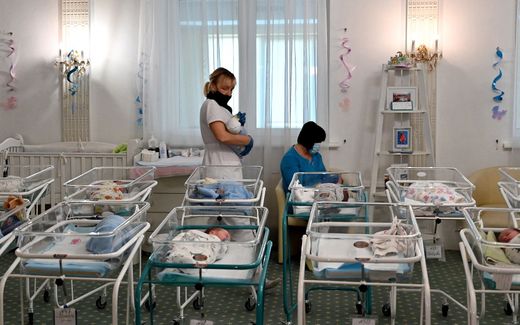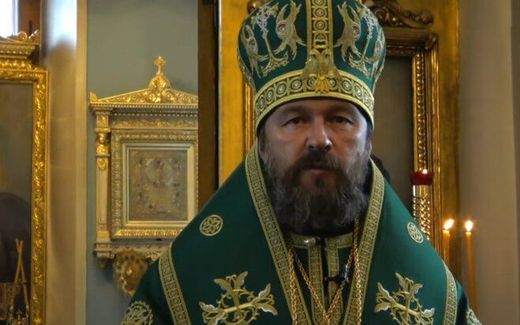European court must examine dismissal for leaving Church

Photo AFP, John Thys
European Union
The European Court of Justice must clarify whether a Catholic employer may fire a midwife because she left the Church.
In a decision published on Thursday, the Federal Labor Court (BAG) in the German city of Erfurt presented the Luxembourg judges with the question of whether the dismissal of a midwife, because she left the Church, violates the principle of equal treatment if at the same time the employer has no problems employing non-denominational employees.
Abuse
The case concerned a 49-year-old midwife who was employed in a Caritas clinic from 1994 to mid-2014. After that, she becomes self-employed. In September 2014, she left the Catholic Church. She justified the exit with the abuse cases in the Catholic Church, which would not be prosecuted.
In April 2019, the midwife was again employed by her former Catholic employer. In a previously received personal questionnaire, she stated that she had left the Catholic Church. Church membership was not discussed during the interview.
When the employer noticed that she was leaving the Church shortly after starting work, he fired the midwife. By leaving the Church, she expressly turned away from the Catholic Church. As a midwife, she works directly with patients. It must be ensured that she also stands up for the Church and the values of the gospel. This reports the German Christian magazine PRO.
The midwife complained that the hospital employed non-denominational staff who were not previously Catholic. The Hamm Regional Labor Court ruled in favour of the Caritas Clinic on September 24, 2020. The clinic was allowed to see leaving the Church as a breach of loyalty and did not have to accept it.
However, in an appeal, other judges submitted the cases to the European Court of Justice since non-denominational employees are also employed in the Caritas Clinic.
Self-determination
The churches in the Federal Republic have their own labour law. This right to self-determination is enshrined in the Basic Law. While the Federal Constitutional Court has so far strengthened the position of the Church in similar cases, the Catholic news website Katholisch.de writes, the Luxembourg judges are considered to be significantly more sceptical of the German regulations.
Related Articles






